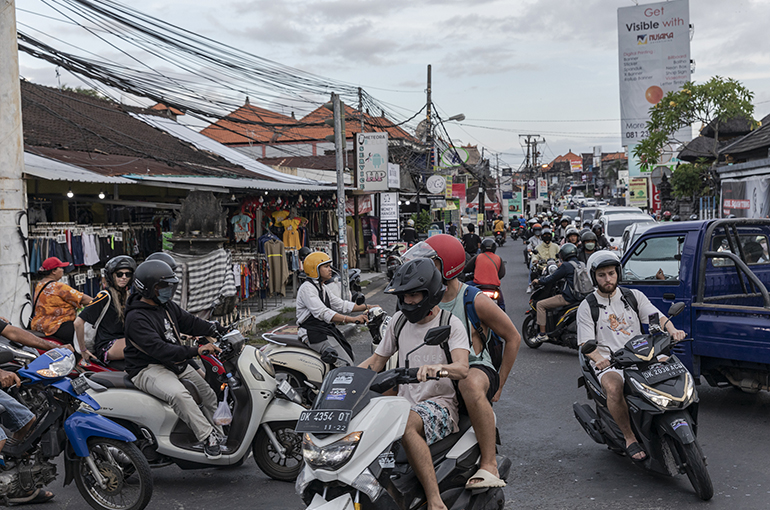 Southeast Asia Will Be Next Unicorn Hub, ATM Capital Founder Says
Southeast Asia Will Be Next Unicorn Hub, ATM Capital Founder Says(Yicai Global) June 29 -- Southeast Asia will become the next unicorn hub, where super unicorns worth tens of billions or even hundreds of billions of US dollars could be born in the future, the founder of venture capital firm ATM Capital told Yicai Global in an exclusive interview.
The potential of the Southeast Asian market is still underestimated in terms of population and its stage of economic development, said Tony Qu, who is also an investor who has been deeply involved in the Southeast Asian market for six years.
The combined population of members in the Association of Southeast Asian Nations ranks third in the world after China and India at nearly 700 million, Qu said. And it places fifth globally in terms of gross domestic product.
When ATM Capital first entered Indonesia, infrastructure in the region, such as the internet, was still being built, but the local digital economy has shown remarkable growth in recent years, said Qu, who used to work for internet giant Alibaba Group Holding.
The digital economy in the six main Southeast Asian countries was worth USD131 billion last year. Their online retail gross merchandise volume amounted to USD115 billion, which is 18 percent higher than that of India, but far behind China’s USD2.8 trillion, Qu said. The six nations have an online penetration rate of 10 percent, still much less than China’s 45.7 percent, thus its growth potential is high.
“Many people do not know that Indonesia ranks first globally by the duration of mobile phone use per capita,” Qu said. It also has the second-highest number of TikTok users after the US, the third-largest number of Facebook users and the fourth-biggest number of Instagram users.
Indonesia is also the largest economy in ASEAN, accounting for 40 percent of the total ASEAN economy. Indonesia's GDP grew by 5.3 percent last year, marking the highest growth rate in nine years.
Although Indonesia's per capita GDP is relatively low, the actual spending power of local residents is not weak, Qu said. For example, food consumption per capita in Indonesia is USD700, which is close to China's USD900, as the local people like to spend money.
For these reasons, ATM Capital has chosen to locate its headquarters in Indonesia rather than Singapore, regarded as the home of multinationals’ HQs, or Thailand, known as the "Detroit of the East," or Vietnam, known for its developed manufacturing industry.
Great Opportunities
Chinese start-ups looking to go global could consider Indonesia as their first destination because the country is the largest digital economy in Southeast Asia with a relatively large market size and competition there is not too intense, Qu said.
The Southeast Asian market does come with certain risks, though, such as a lower market ceiling, lower quality of some of the entrepreneurs and significant cyclical changes, Qu said. He advised companies to further develop market models in Southeast Asia that have already been proven to be successful in China or the US.
If a company can succeed in Indonesia, it can succeed in the rest of Southeast Asia and even other parts of the world, he added.
ATM Capital's most successful investment in Indonesia is J&T Express, Southeast Asia's largest express logistics service provider. J&T Express entered the Chinese market in 2020. Last year, it delivered over 14.6 billion parcels in China, more than seven times that in 2020.
ATM Capital has also invested in other companies in Southeast Asia such as emerging cosmetics brand Y.O.U, e-commerce service provider Jet Commerce and coffee chain Tomoro Coffee, many of which are formed by Chinese entrepreneurs living in the region.
Editors: Tang Shihua, Kim Taylor